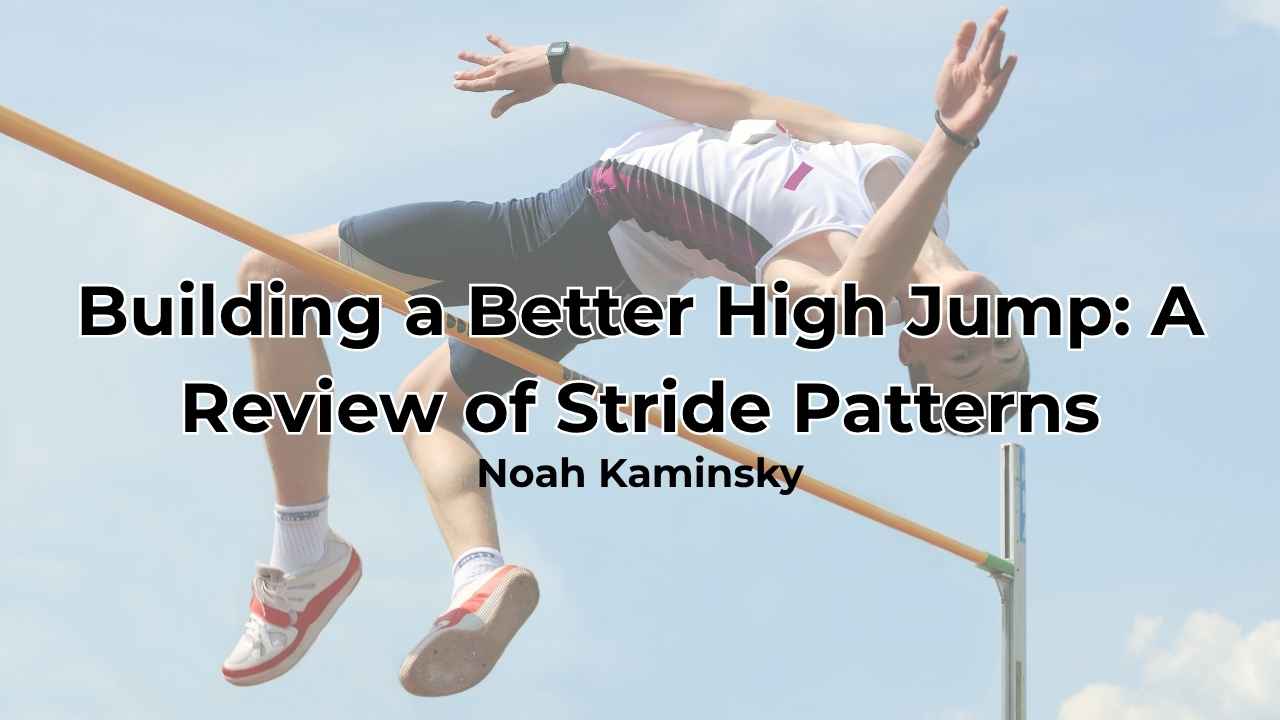[mashshare]

Freelap Friday Five with John Corkle
John Corkle is a former ALTIS intern and current co-head coach at Sandra Day O’Connor High School in Phoenix, Arizona. Prior to his three-month role with ALTIS at the beginning of the 2017-2018 season, Corkle lived in the Czech Republic, where he worked with semi-professional and professional clubs in both football and handball. John received a master’s degree in Physical Education-Pedagogy from the University of Nebraska-Kearney.
Freelap USA: Why did you decide to apply for an ALTIS internship position?
John Corkle: I applied to the program because I wanted to get a glimpse of what the “pros” do. I’ve spent time with a lot of different levels of field and court sport athletes but never the track & field professional. I love the sport and it is my “first love” as a coach; however, the highest level I’ve experienced has been at the NCAA Division II level as an athlete and coach. My thought was that if I was exposed to the highest level of the sport, I would have more context around the development of both track and field and team sport athletes.
Freelap USA: What expectations did you have coming in and how did your experience match up? What were some of the most profound takeaways from your internship experience?
John Corkle: I had just returned from living abroad and was working part-time, so I was completing the internship to gain work experience as a full-time assistant coach. As I got more comfortable within the environment, I really started to enjoy my time. An internship is a small amount of time and requires the individual participating in it to be willing to make a change. I felt I was able to do that, and therefore being at ALTIS is something that I will not forget.
The list of takeaways is lengthy and growing as I continuously review my notes. That being said, a few areas that really stood out to me were:
- Planning year-round for skill acquisition
- Stress management of athletes
- The mastery of fundamentals for any level of athlete
- Being able to adapt and coach multiple areas of need
Freelap USA: Is there anything you’ve directly applied and/or adapted and applied to fit your current role/environment?
John Corkle: I work with a very inexperienced group, so I’ve had to adapt or break down how to teach certain skills or concepts. I’ve really enjoyed doing various complexes of skips, bounds, and sprints, as they are easy ways for young athletes to feel the positions and postures necessary to sprinting. Also, patience to stay with an activity until the group shows mastery.
In one of his presentations on ALTIS 360, Coach Dan Pfaff shares his experiences as a high-school level coach and admits that he would often consider the front half of the “stimulate – adapt – stabilize – actualize” process while ignoring the latter half. I’ve realized I was following in the same footsteps, as many times in the past I would rush. Learning to be patient and allow for the growth of the athlete (stabilization and actualization) before moving on is so important.
Many coaches repeat what a memorable coach did for them, but this is not a best practice. Share on XDevelopmental level coaches need to know how young athletes acquire skills the best. Motor learning has made huge advances and many coaches repeat what their most memorable coach did for them. That is not a best practice; rather, it is copying and pasting. If these coaches understand whole-part-whole, random vs. blocked, or any other concept of motor learning, they will be better coaches and have a better program or business because of it.
Freelap USA: How has the experience benefited you as a coach?
John Corkle: The ALTIS internship has been a bridge that allowed my career to progress from “seasoned young coach” to developing the comfort and ability to take the reigns as a head coach. Being able to see coaches use different zoom-levels when observing training gave me a perspective I didn’t always use. As a young coach, you tend to position yourself up close. Learning to take a step back at practice, and see the yearly plan in action and how the whole training group is progressing, is an interesting experience.
Freelap USA: Lastly, the human element is a key component of everything we do as practitioners. How have you factored this into your role?
John Corkle: Working with the high school population, you have to wear many hats as the adult: coach, mentor, teacher, parent figure—just to name a few. High school athletes are still learning what it means to be an adult, so educating them about how to manage the world around them is important and creating an environment that sees failure as a catalyst for learning is VERY important.
As a high school coach, if you understand that every athlete will have some form of baggage every day and are willing to help that athlete navigate that baggage and teach them how to manage it you will see growth—not only in maturity, but in performance as well. Caring and mentoring are a huge component of the high school scene. If you mentor appropriately, you can have a successful program for your entire career.
Caring and mentoring are a huge component of the high school coaching scene. Share on XOnce I understood and allowed kids to be late to practice when they were receiving tutoring for difficult classes, there was a huge change in attitude towards me and how they viewed practice. I was worried they would blow off practice, but all those athletes needed was time to eliminate a stress they were having difficulty controlling.
Since you’re here…
…we have a small favor to ask. More people are reading SimpliFaster than ever, and each week we bring you compelling content from coaches, sport scientists, and physiotherapists who are devoted to building better athletes. Please take a moment to share the articles on social media, engage the authors with questions and comments below, and link to articles when appropriate if you have a blog or participate on forums of related topics. — SF
[mashshare]




